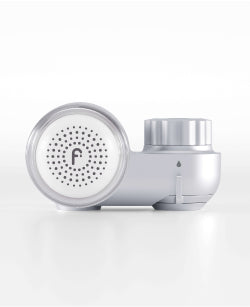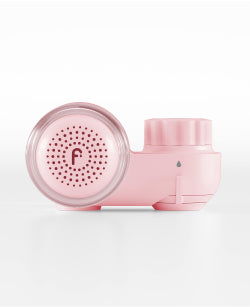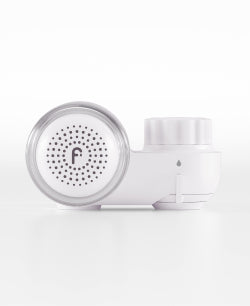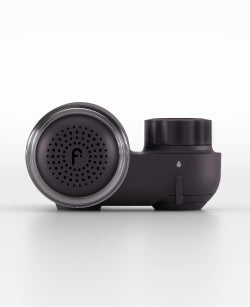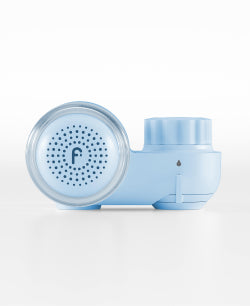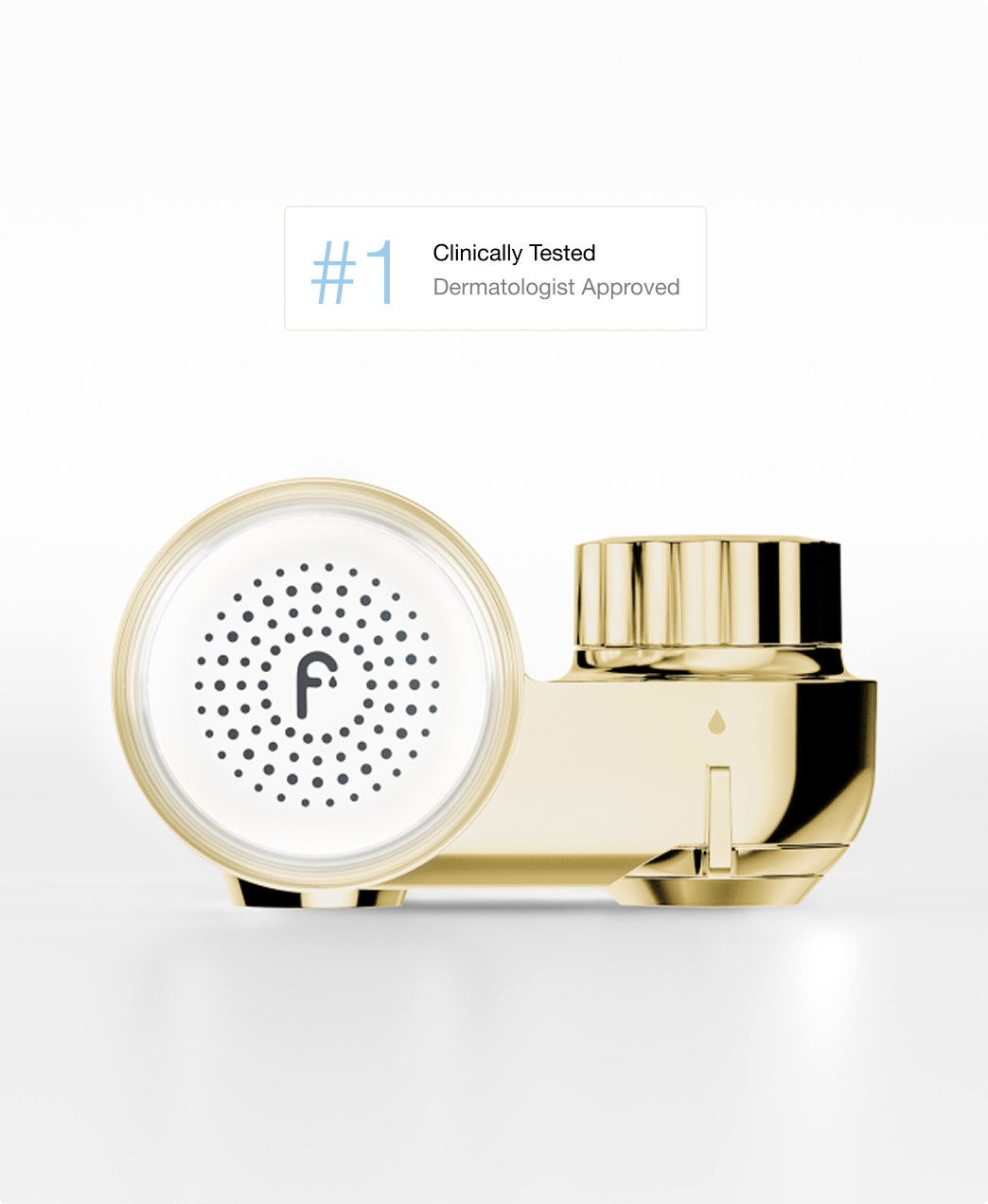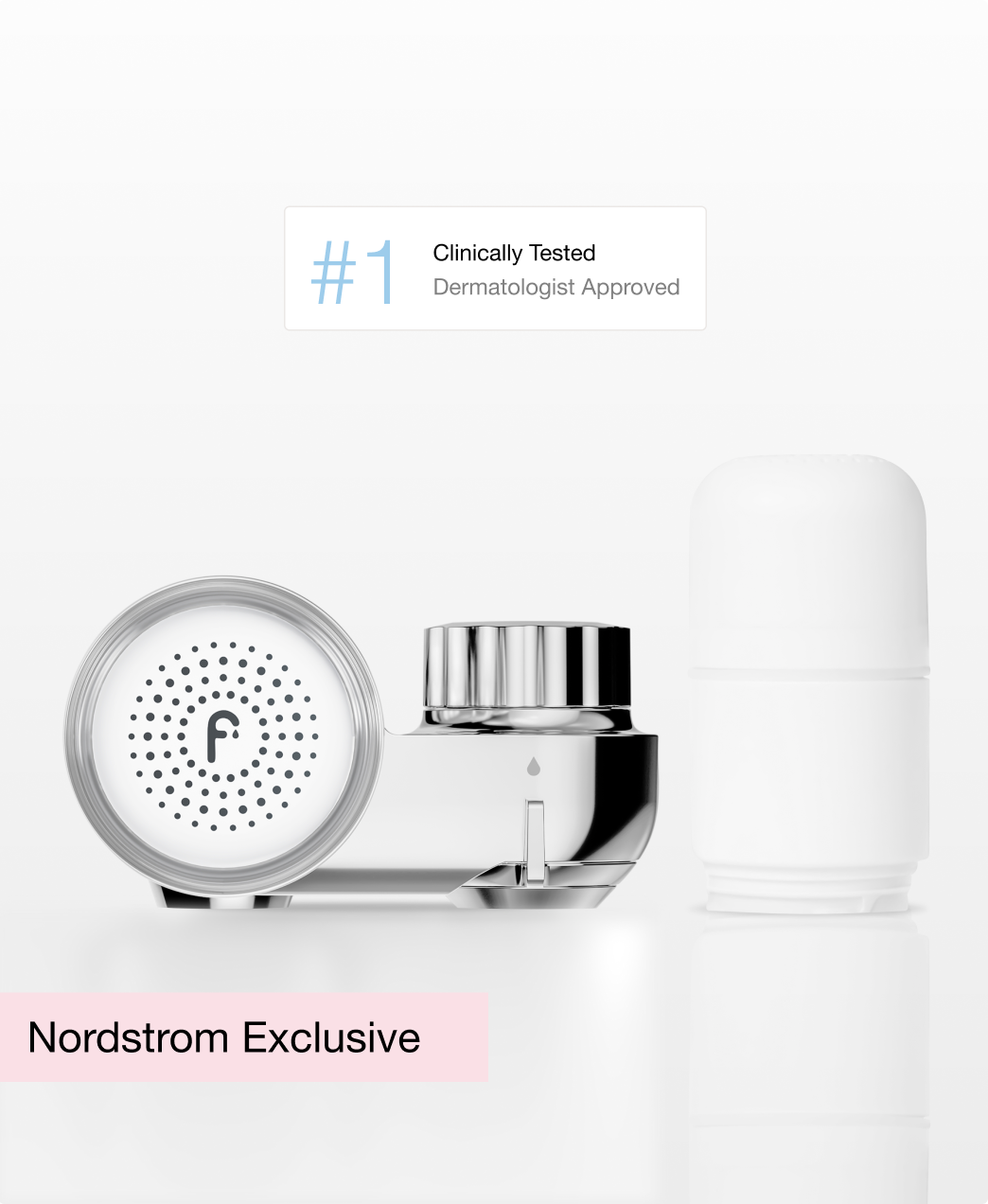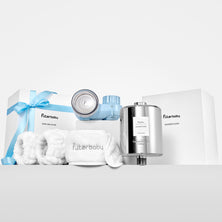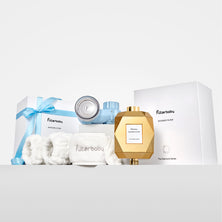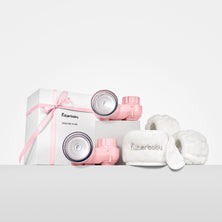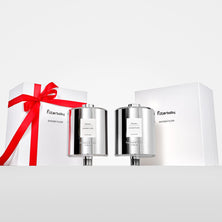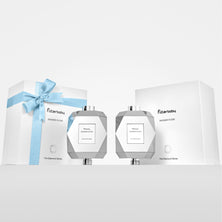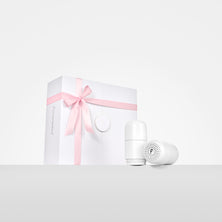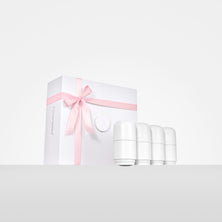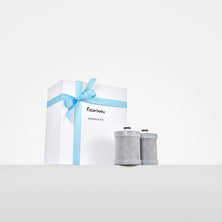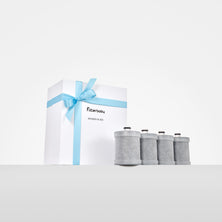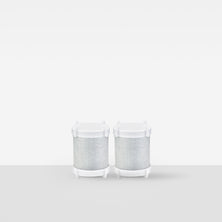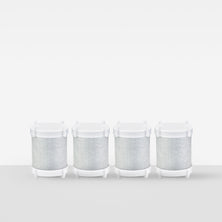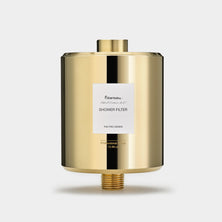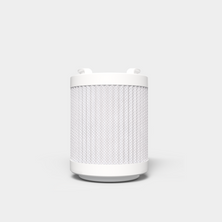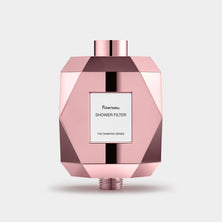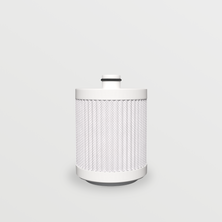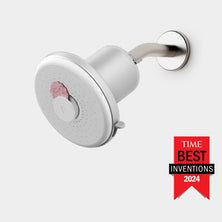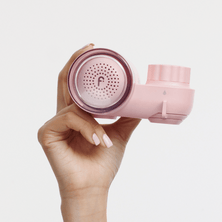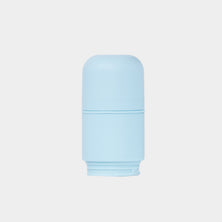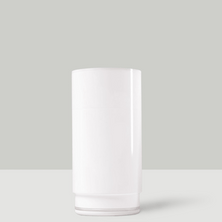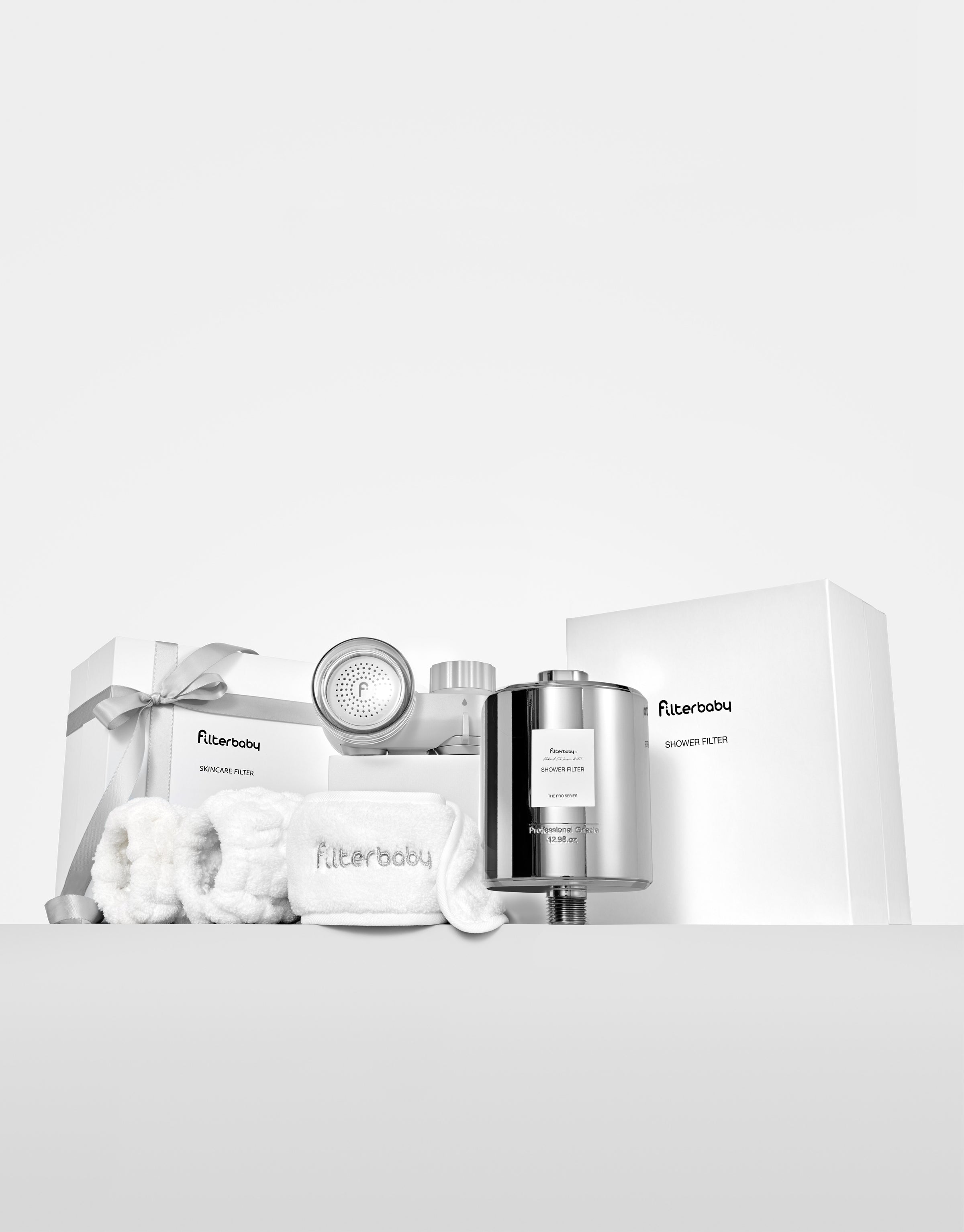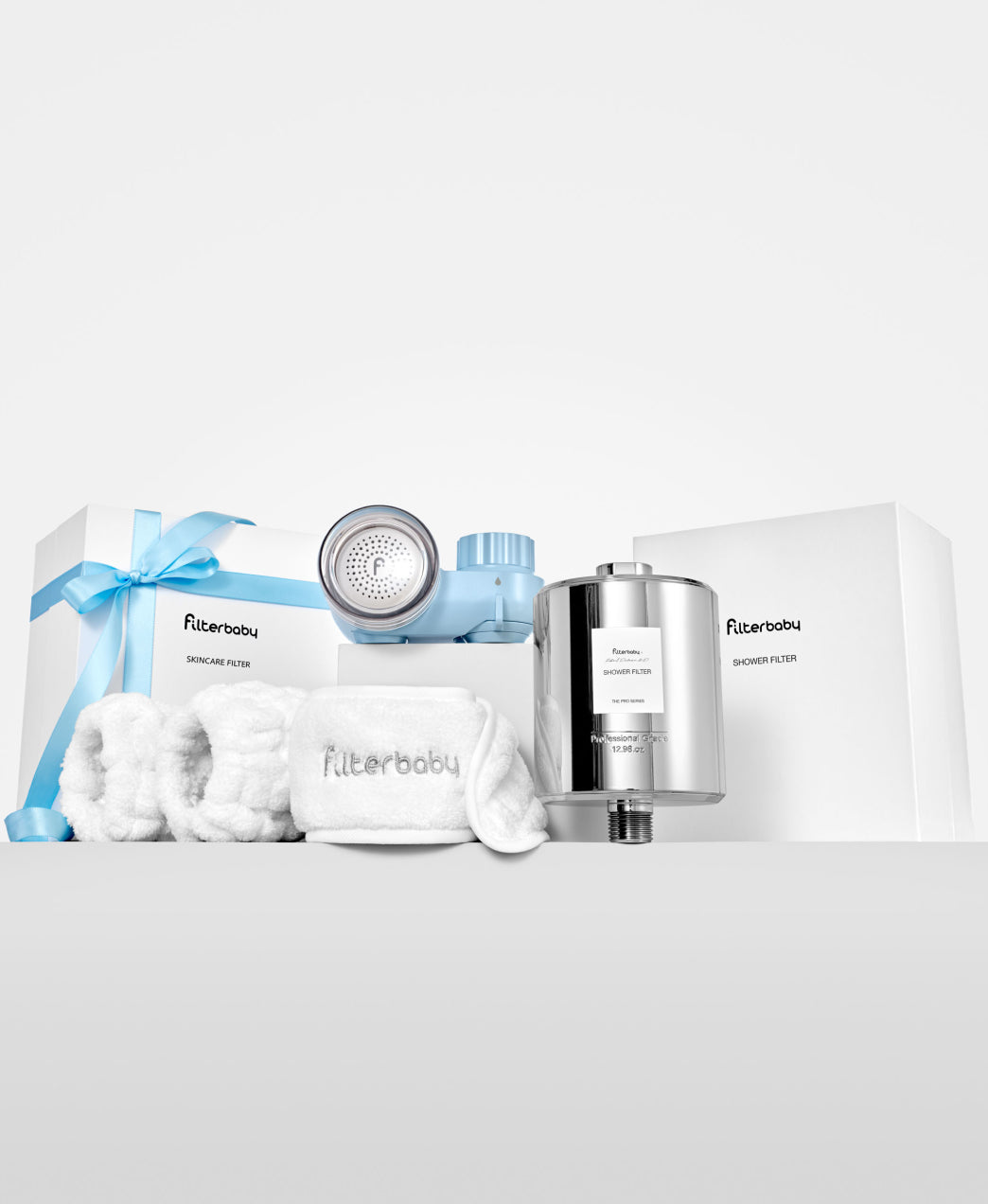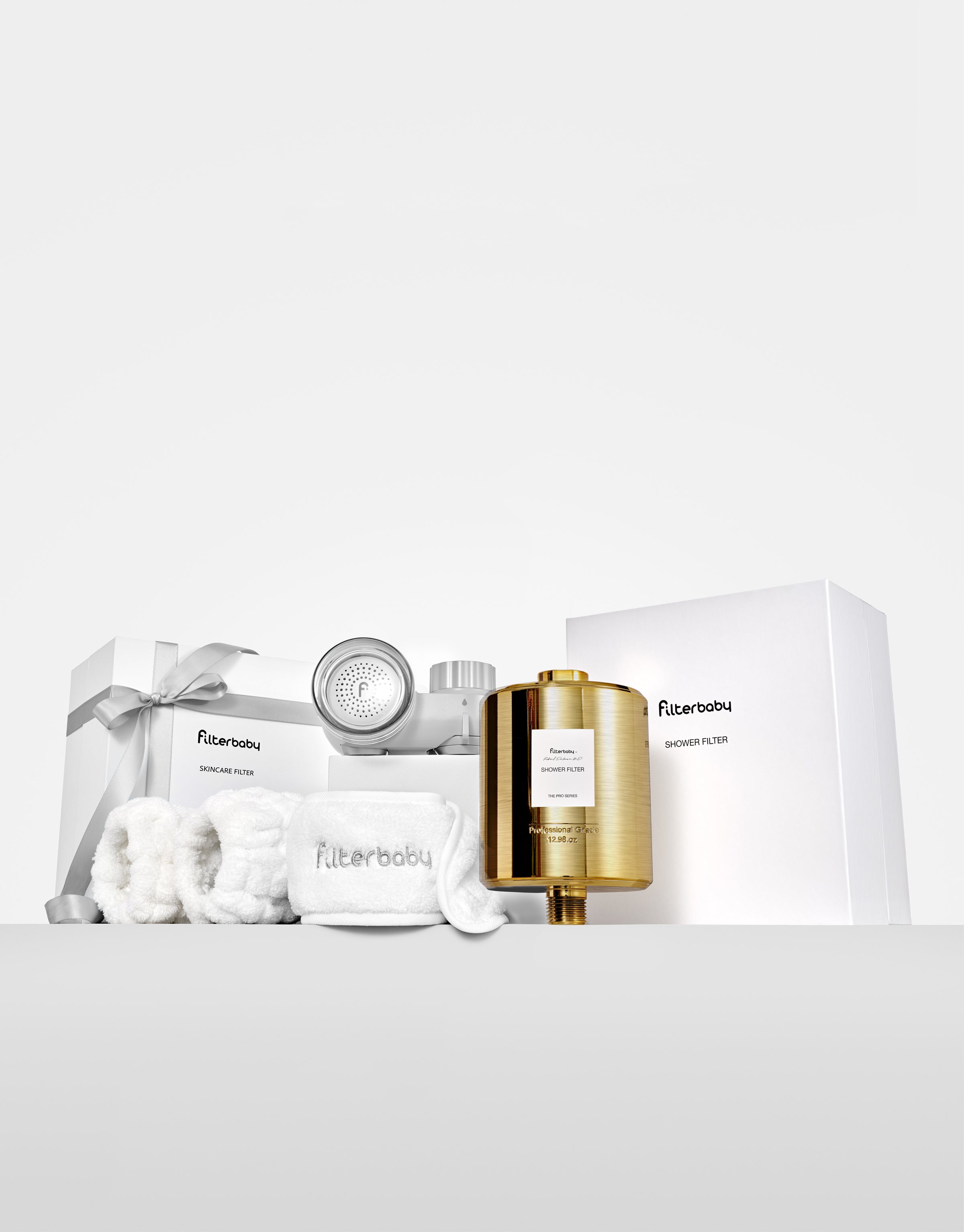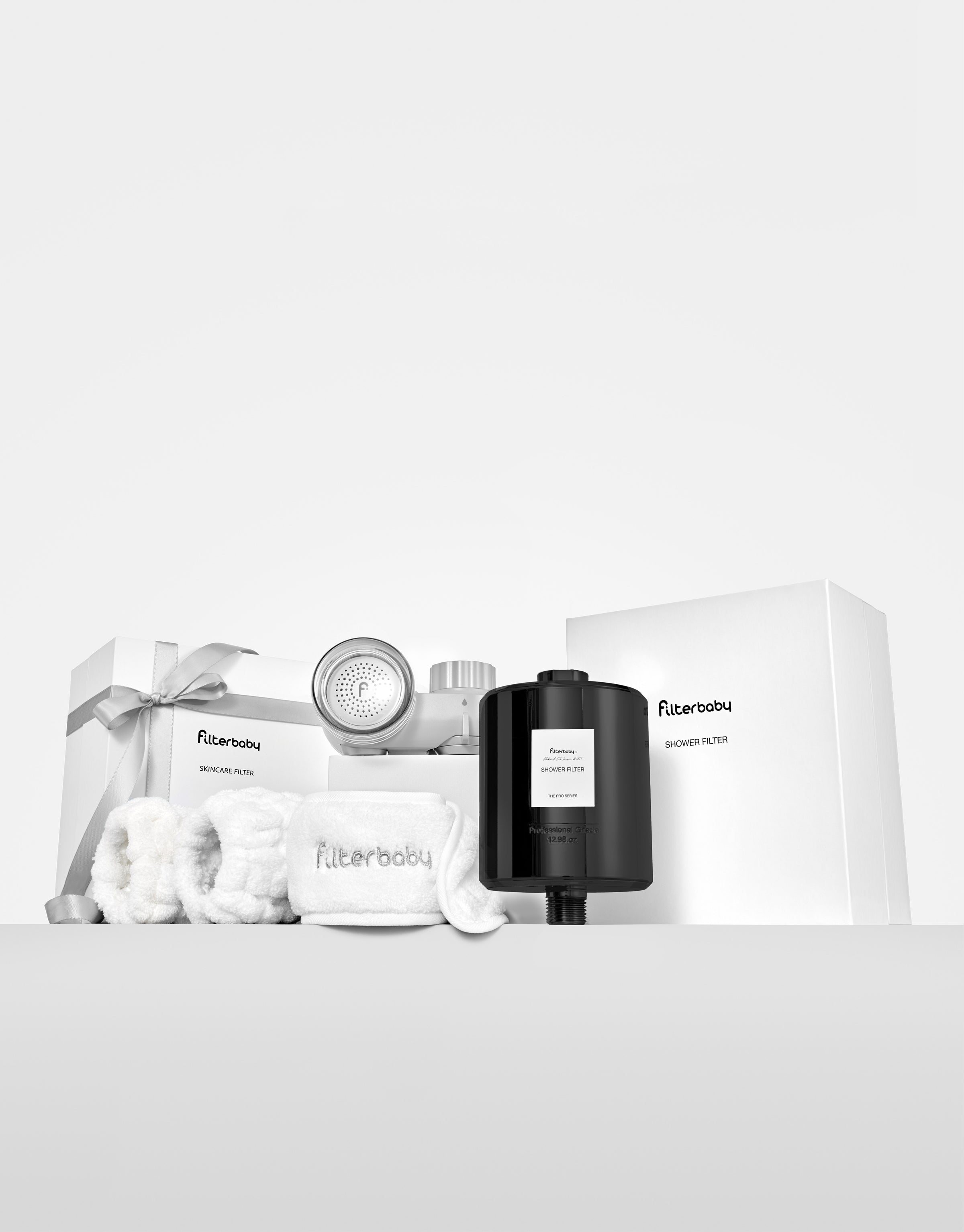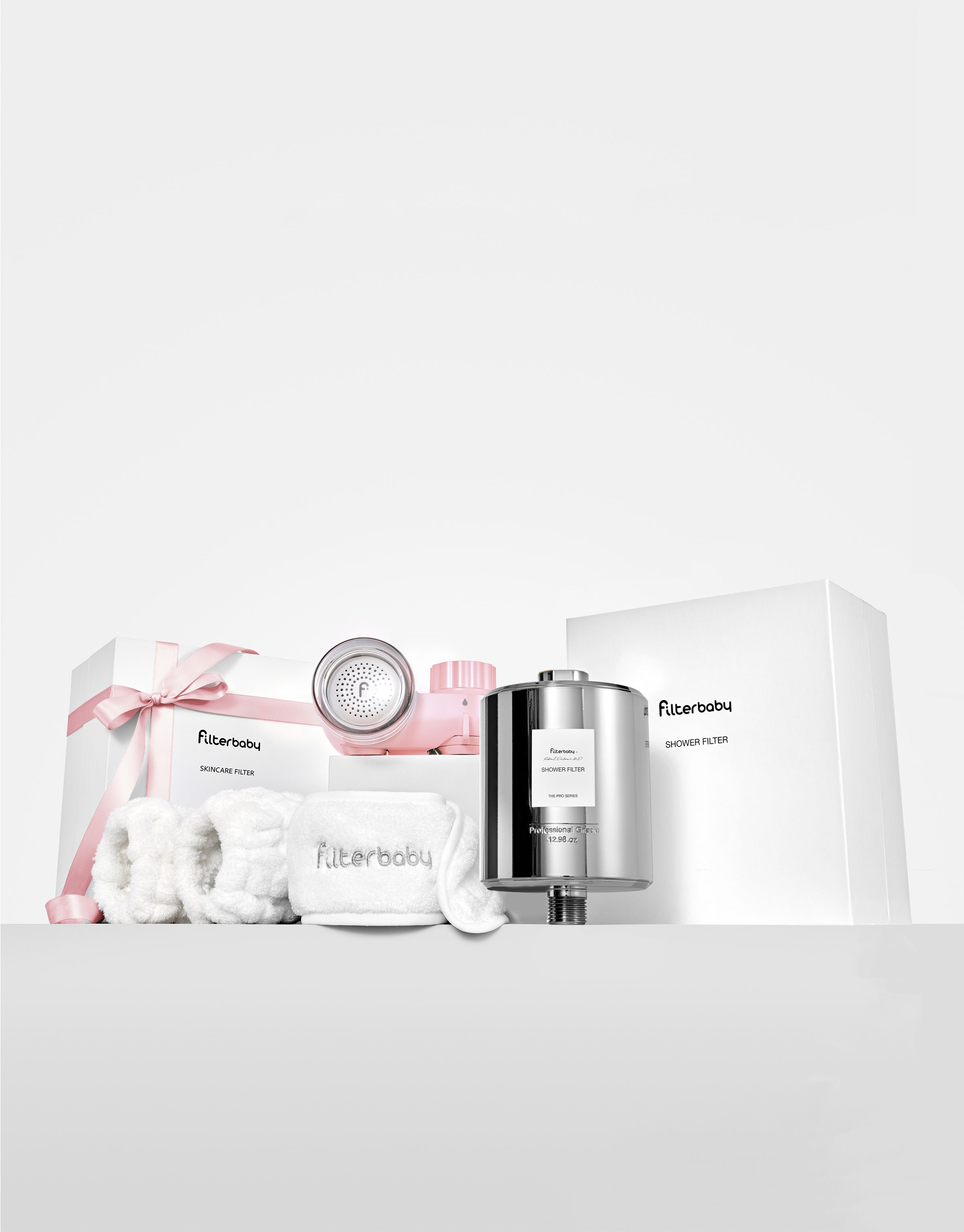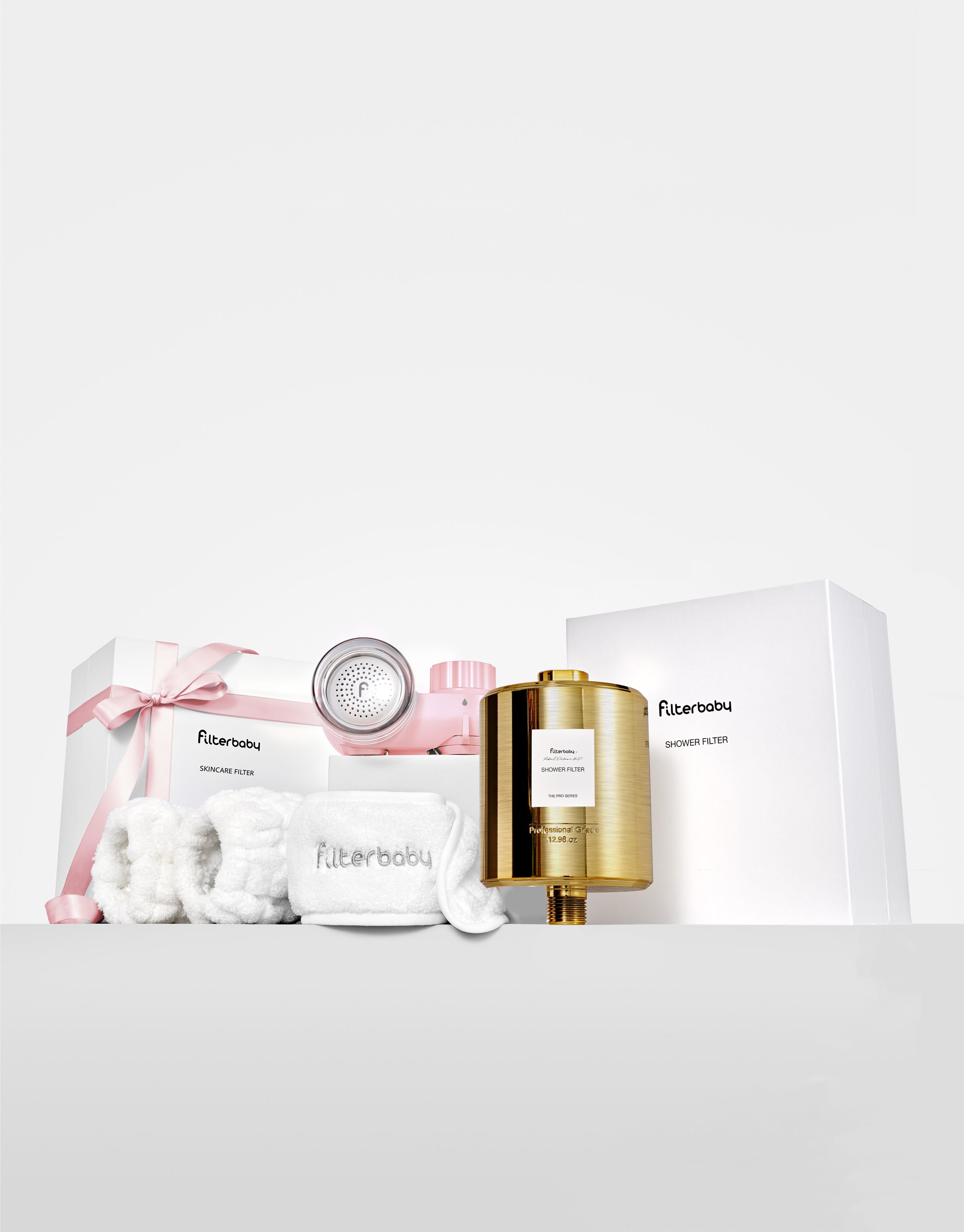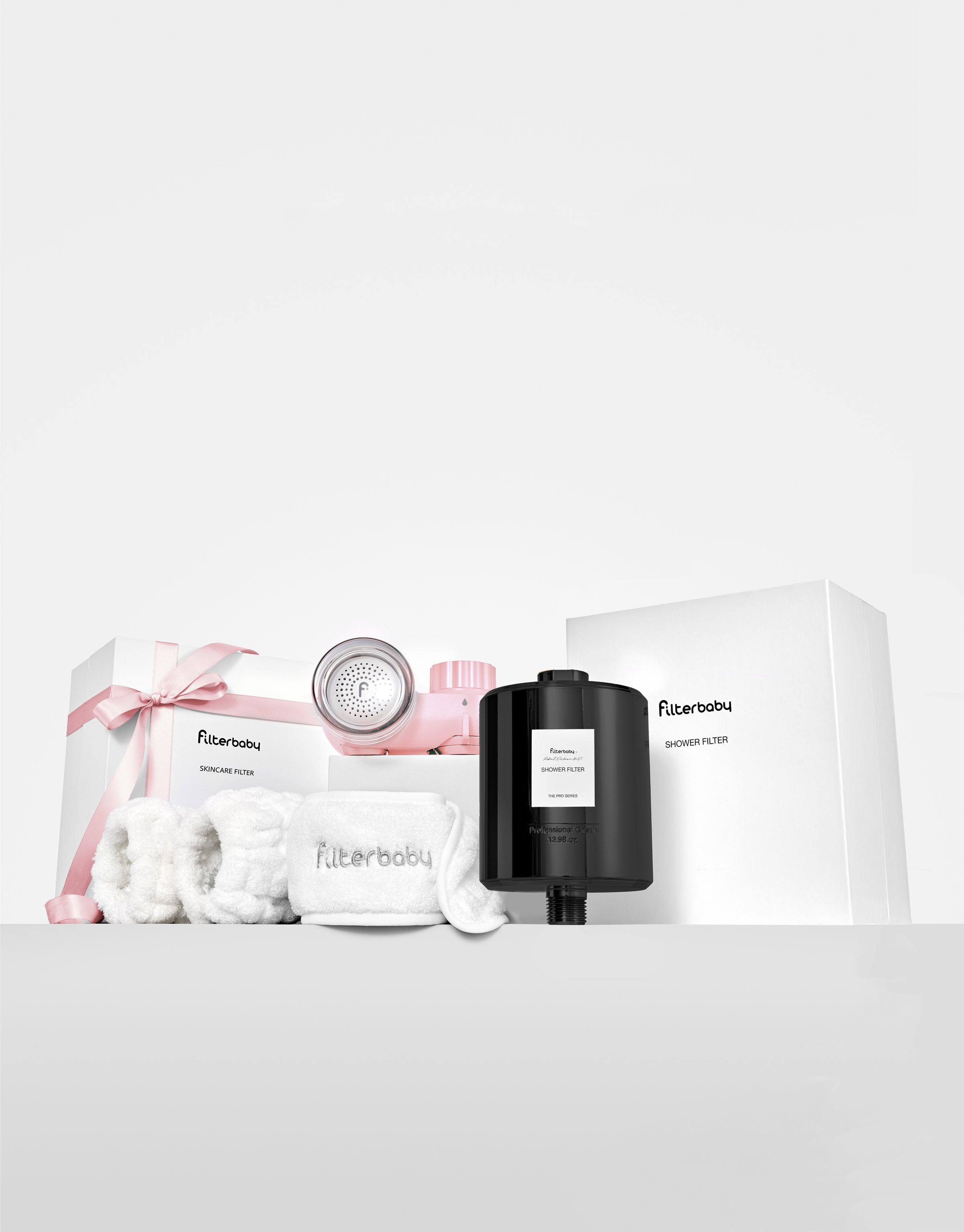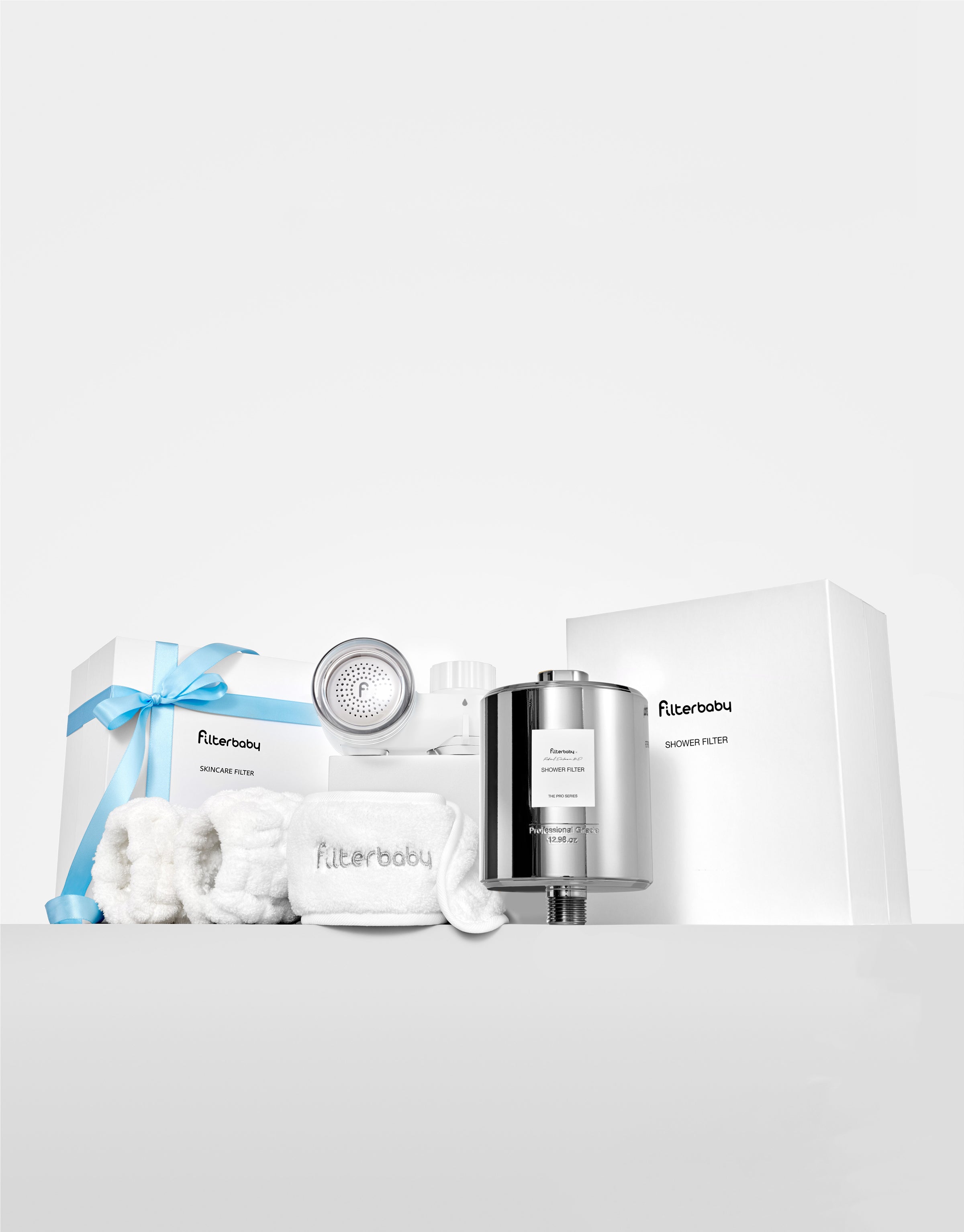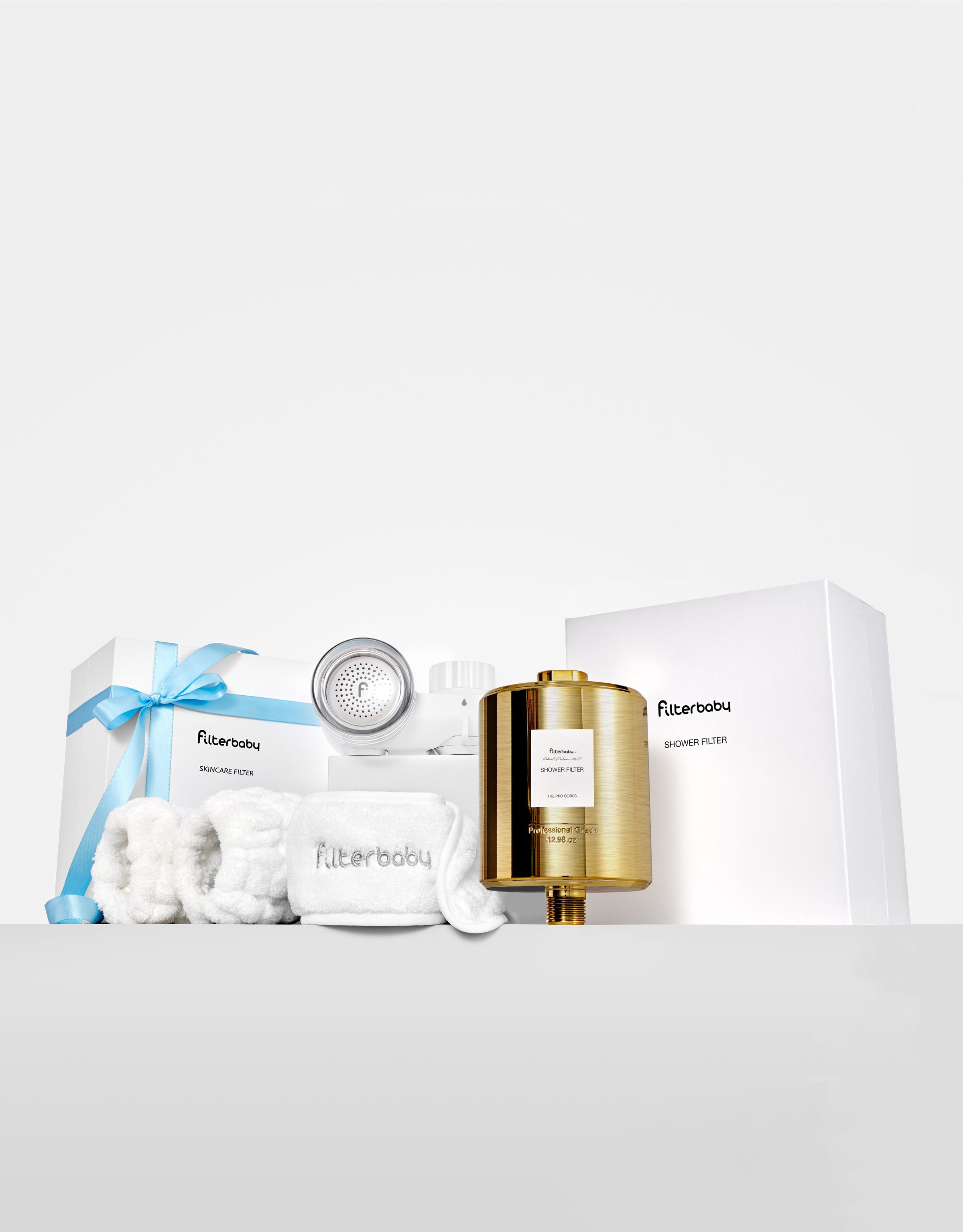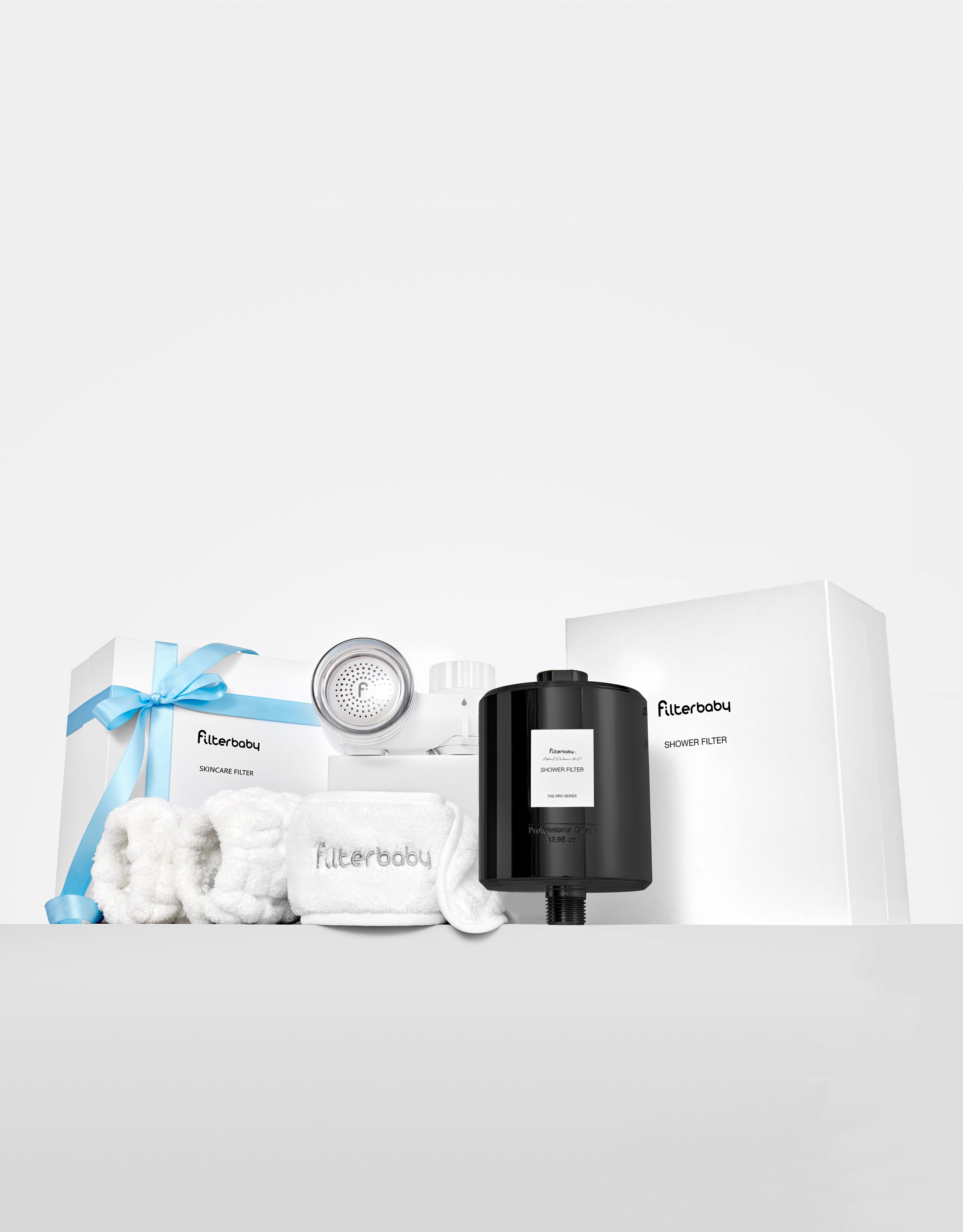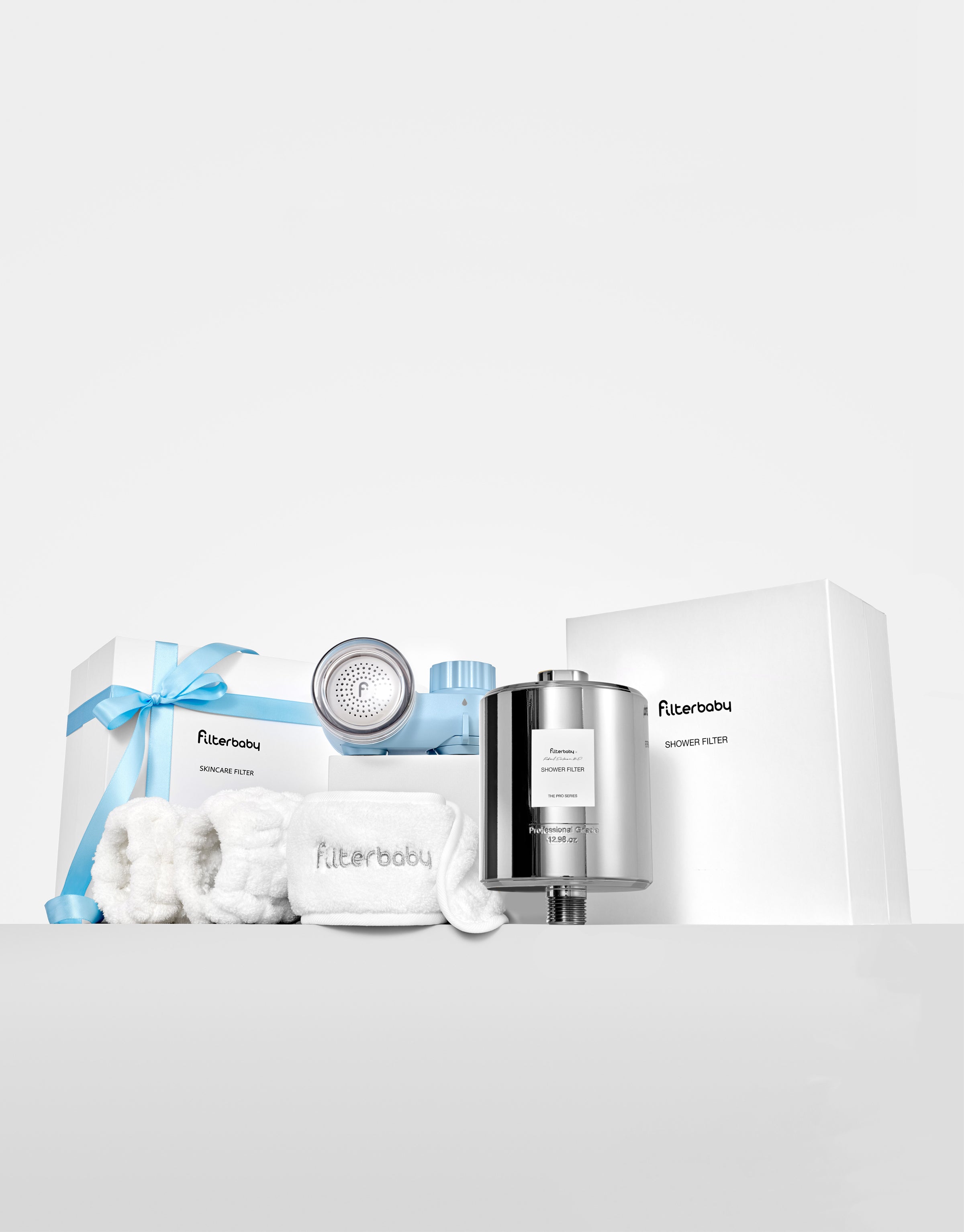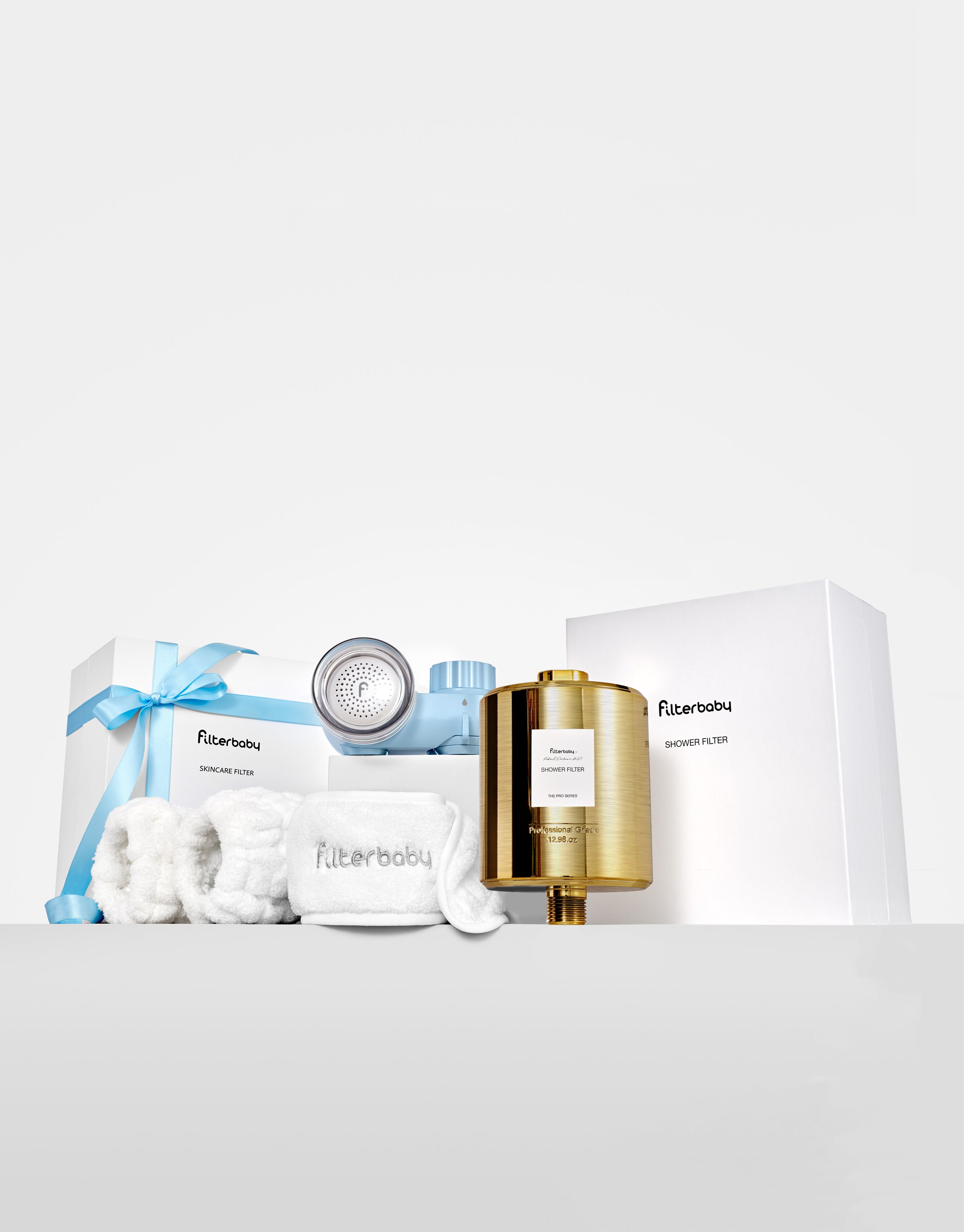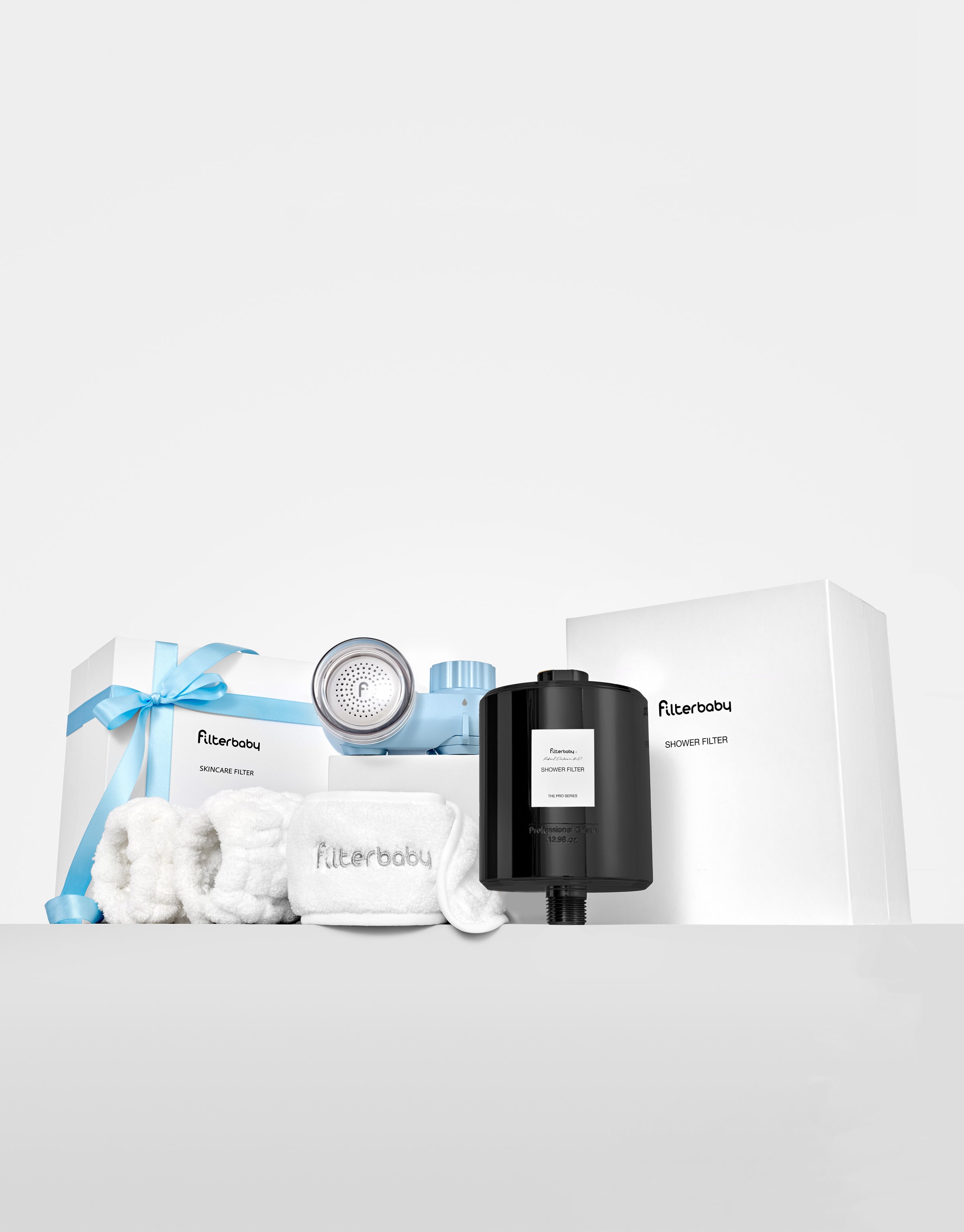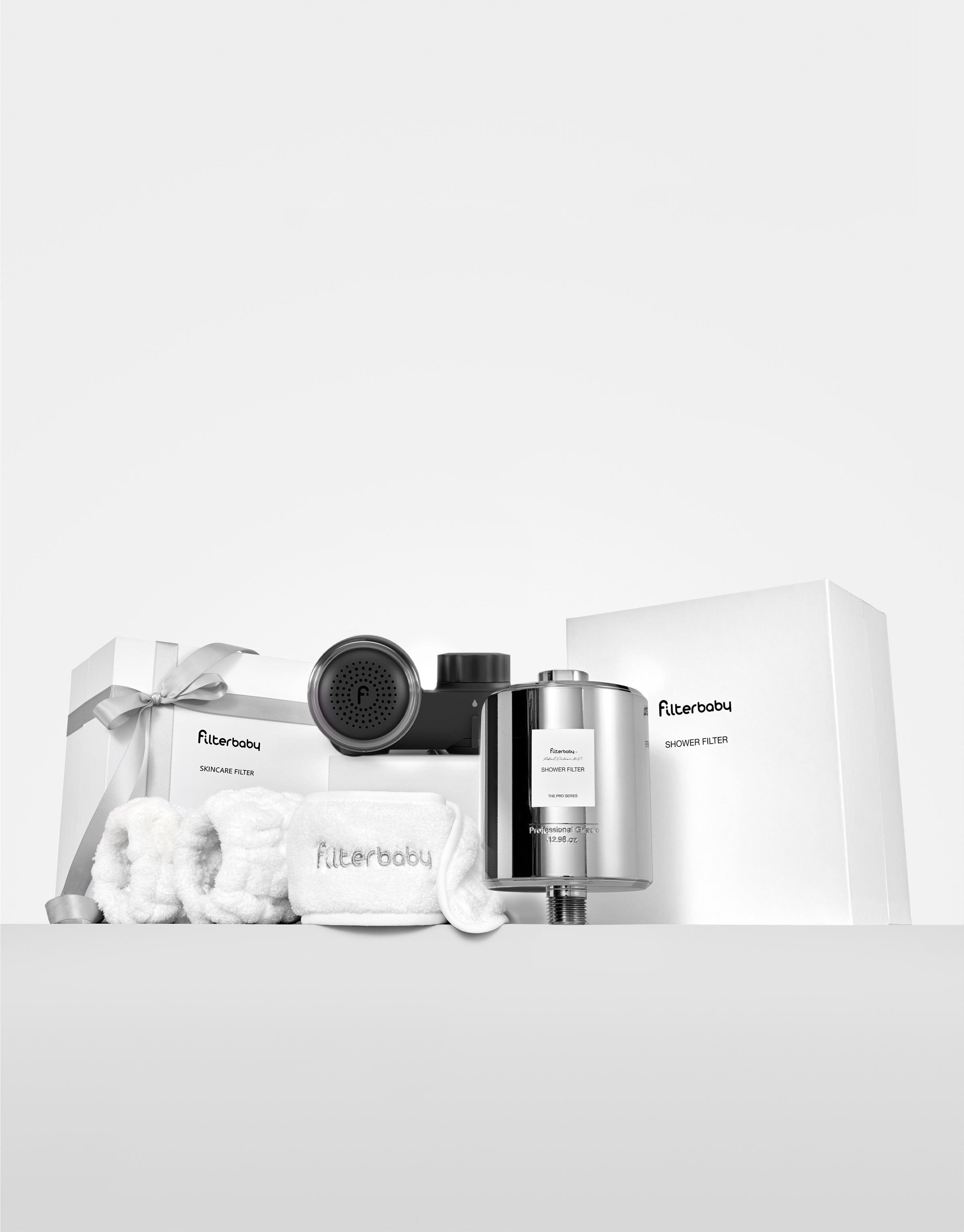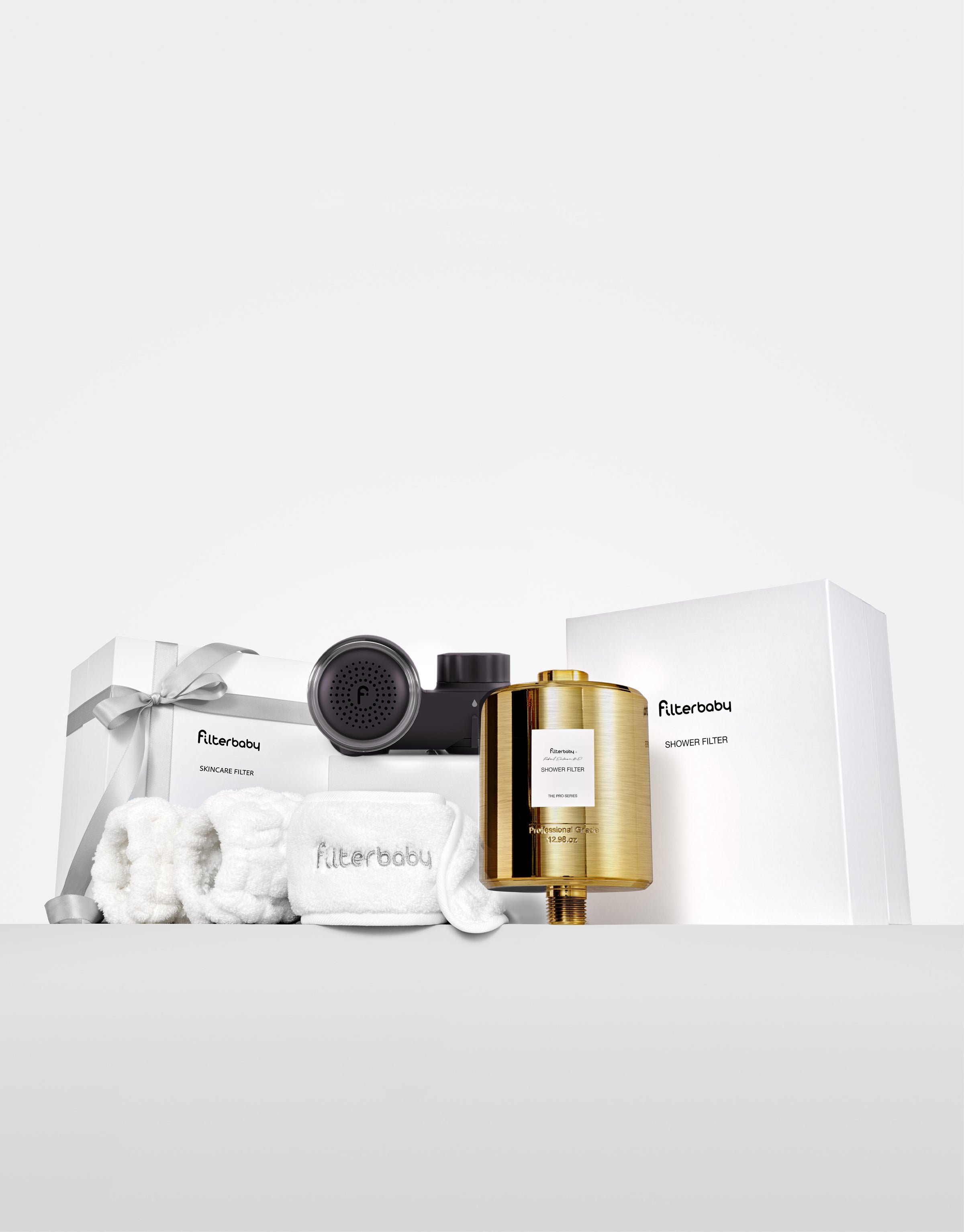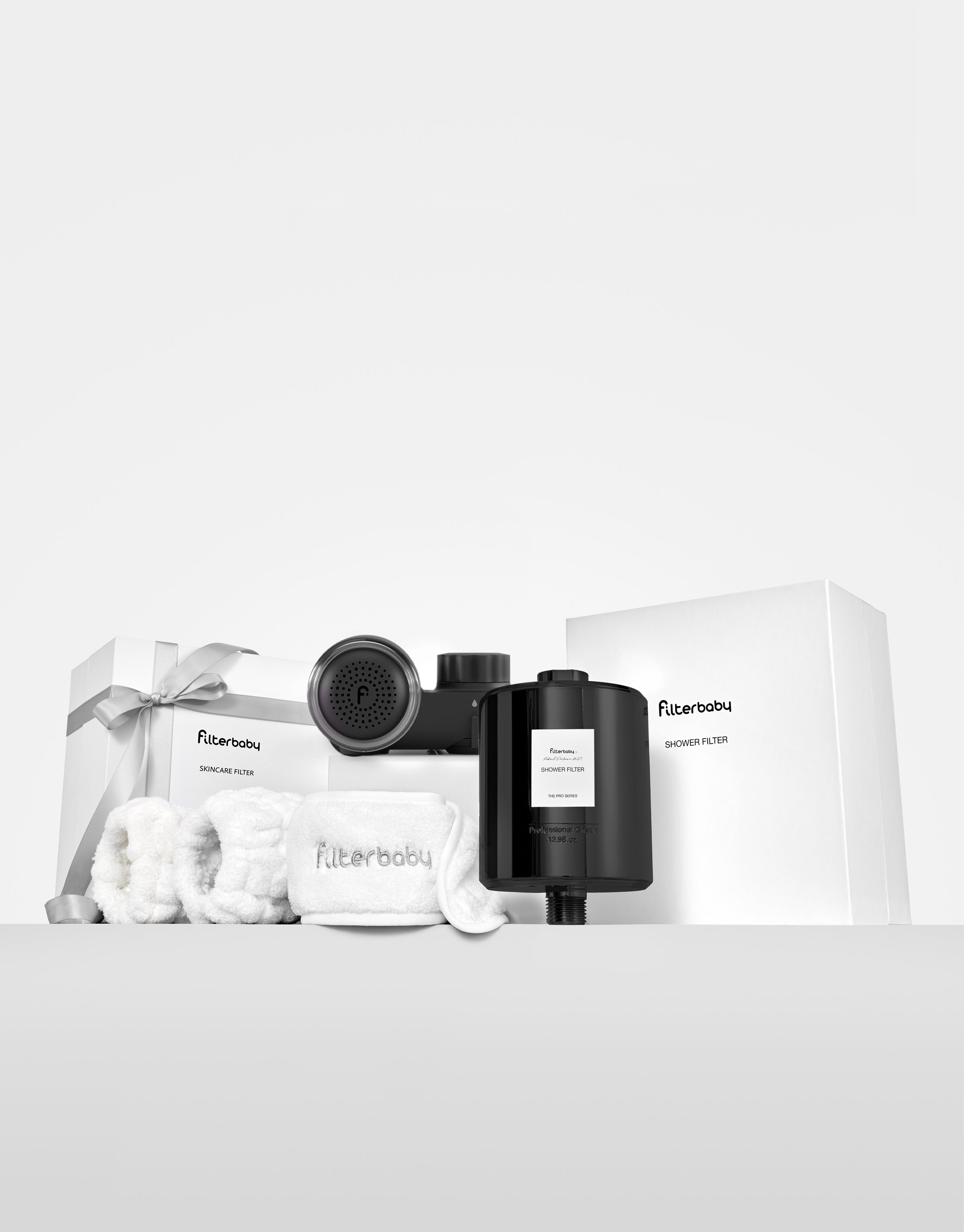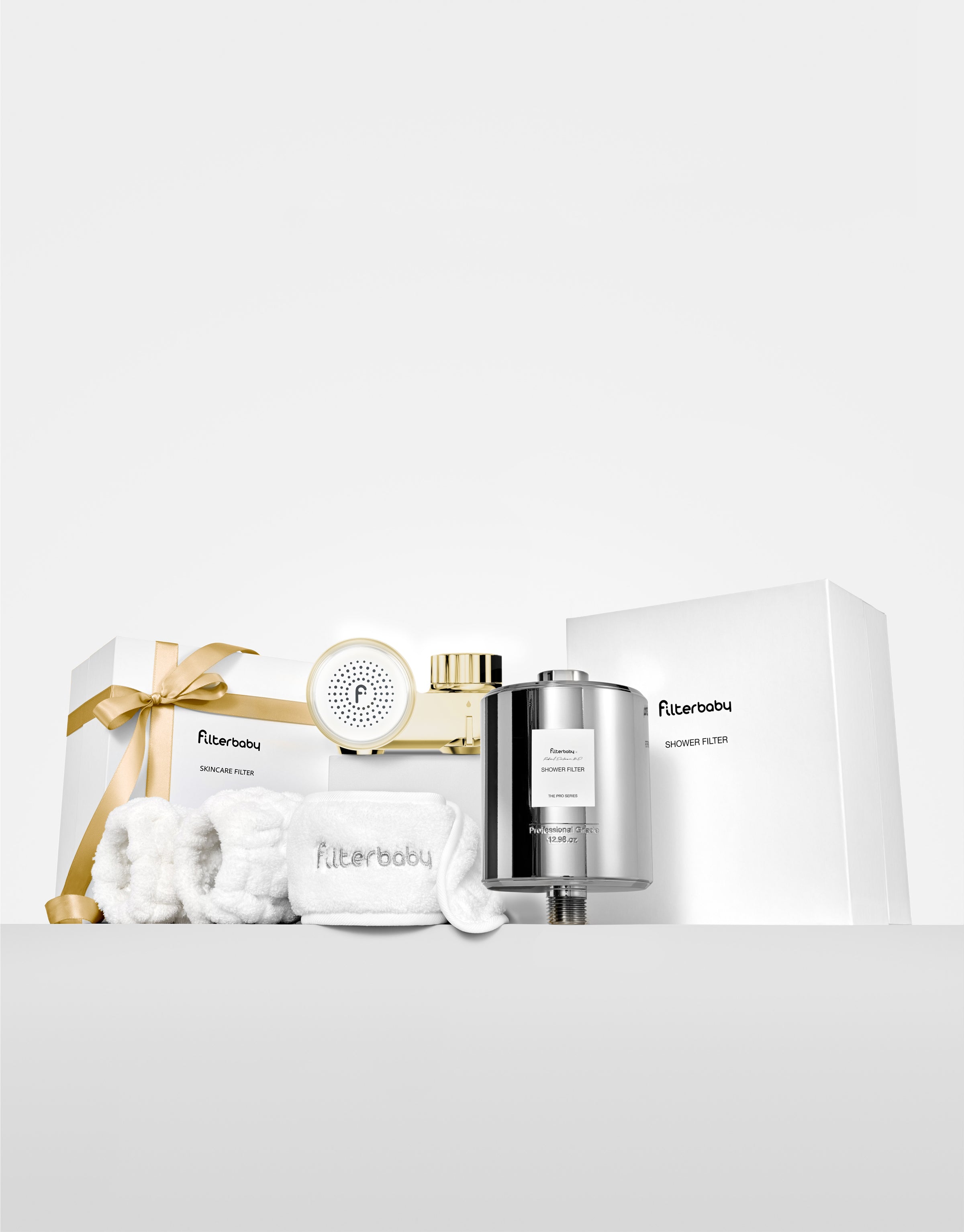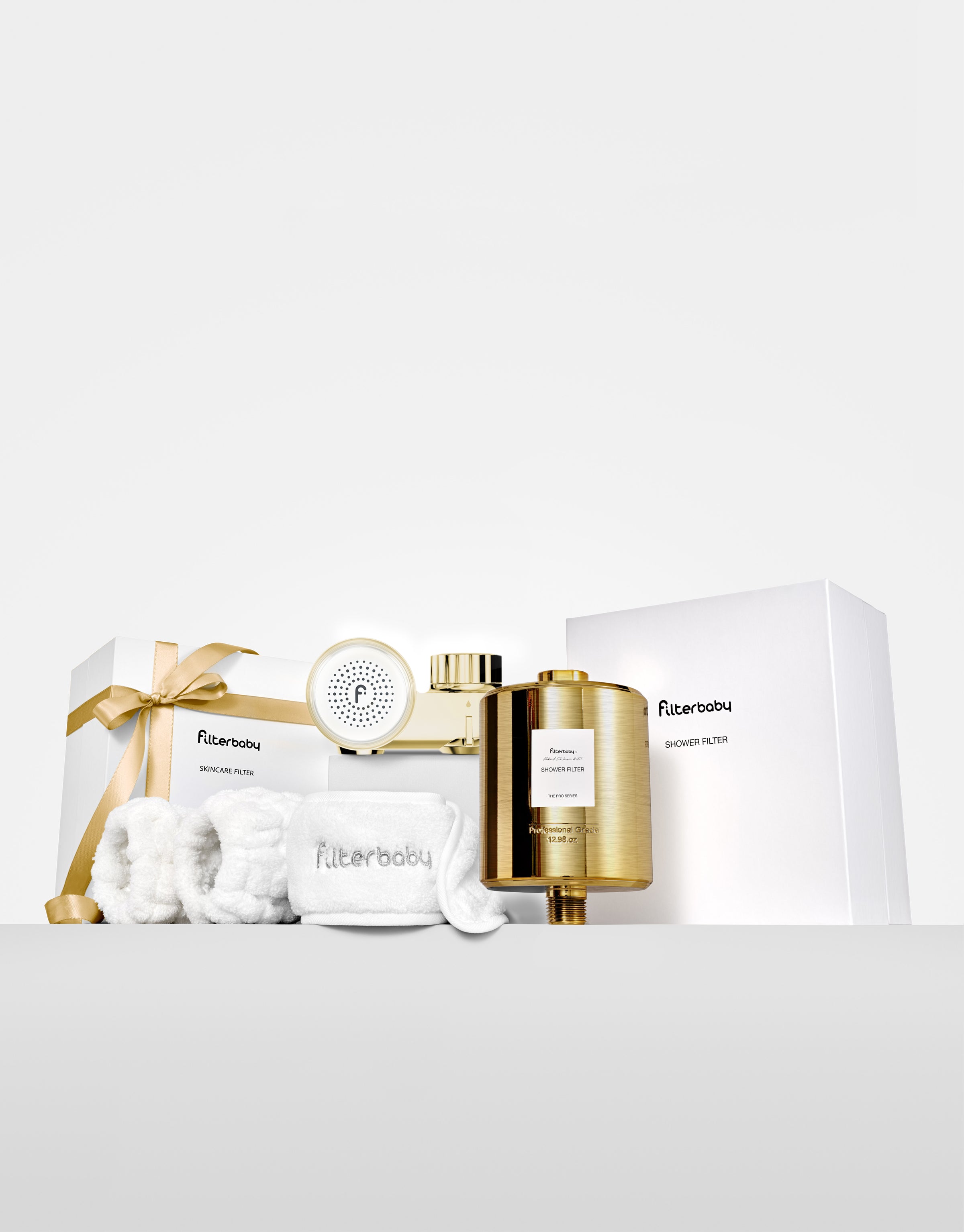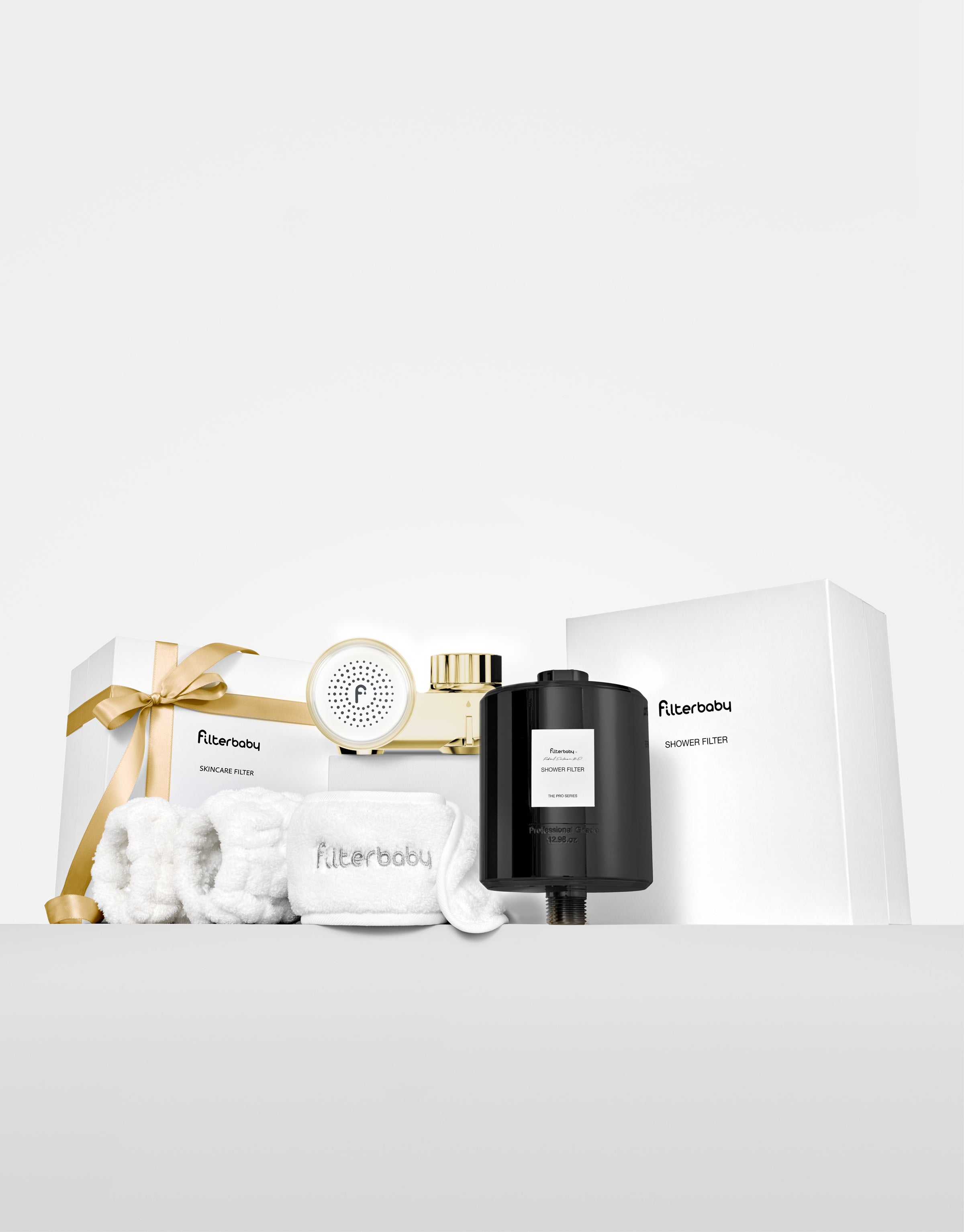The link between greasy food and acne, and what you can do about it.
Margaret Trashian, MD

They say you are what you eat, and if that's the case, then some people might be walking, talking cheeseburgers. Consuming greasy food has long been associated with the development of acne. So, if you're prone to breakouts, it might be time to put down the fries and pick up some veggies. Your skin will thank you for it. Of course, if you really can't resist that juicy burger or crispy chicken, we don’t blame you, just make sure to take some measures to decrease your odds of a breakout. Read on to see what steps you can take to increase your chances of clearer skin, whether you have a weak spot for greasy food or not.

Why do I breakout after a greasy meal?
Breakouts or acne can be a frustrating and unwelcome occurrence, especially when they happen after a meal. The link between diet and skin health is well-established, and greasy meals are known to contribute to breakouts. One of the primary reasons for this is the excessive production of sebum, an oily substance produced by the sebaceous glands. Sebum is necessary to lubricate and protect the skin, but when we consume a greasy meal, it can trigger the production of more sebum, leading to clogged pores and breakouts.
Another factor that contributes to breakouts after a greasy meal is the type of food consumed. Greasy foods, such as pizza, burgers, and fried chicken, contain high amounts of saturated and trans fats, which can increase inflammation and the production of androgen hormones. Androgens are male hormones that are present in both men and women and are responsible for regulating sebum production. When androgens are produced in excess, they can stimulate the sebaceous glands to produce more oil, leading to breakouts.
Additionally, eating greasy meals can lead to increased blood sugar levels, which can cause a spike in insulin production. High levels of insulin can stimulate the production of androgens and sebum, leading to poor skin health. It's essential to maintain a balanced diet that includes plenty of fruits, vegetables, and whole grains to promote healthy skin and prevent breakouts.
In conclusion, breakouts after a greasy meal are caused by several factors, including excessive sebum production, high levels of androgen hormones, and spikes in insulin production. By making healthy dietary choices and being mindful of the foods we eat, we can help promote healthy skin and reduce the likelihood of experiencing breakouts.

How can I prevent a breakout after a greasy meal?
Wash your face
Washing your face after a greasy meal can help prevent breakouts by removing excess oil, dirt, and bacteria that can clog pores and contribute to acne. When we wash our face, we remove the surface oil, preventing it from penetrating deeper into the skin and clogging pores. Using a gentle cleanser and warm water can also help to remove bacteria and impurities, reducing the risk of developing acne. It's essential to avoid using harsh scrubs or over-washing, as this can strip the skin of its natural oils, leading to dryness and irritation, which can exacerbate acne.
Stay hydrated
Staying hydrated after a greasy meal can help prevent breakouts by flushing toxins out of the body and promoting healthy skin. Water helps to maintain the body's natural balance of fluids, which is essential for healthy skin. When we consume greasy foods, our body may become dehydrated, leading to an increase in oil production and clogged pores. Drinking water can help to prevent this by flushing out toxins, reducing inflammation, and promoting healthy skin. It's essential to stay hydrated throughout the day, not just after meals, by drinking plenty of water and consuming foods with high water content, such as fruits and vegetables.
Use filtered water
Using filtered water on your skin after a greasy meal can help prevent breakouts by reducing the amount of chlorine and other harmful chemicals that can irritate the skin. Chlorine is commonly found in tap water and can strip the skin's natural oils, leading to dryness, irritation, and inflammation. Using a water filter that can directly be added to the faucet like the one from Filterbaby can help to reduce these harmful chemicals and provide a gentler, more soothing experience for the skin. Additionally, filtered water can help to balance the skin's pH level, reducing the risk of developing acne and promoting healthy skin. It's essential to use a gentle cleanser and moisturizer after using filtered water to lock in moisture and promote healthy, glowing skin.

FAQ
What foods trigger acne?
High-glycemic foods are linked to acne. Examples include white bread, corn flakes, puffed rice, potato chips, white potatoes or fries, doughnuts or other pastries, sugary drinks such as milkshakes, and white rice.
Should I avoid oily food for pimples?
High fat diets have been associated with an increased risk of acne.
How do you prevent acne after eating oily food?
Taking certain measures like washing your face with filtered water and hydrating can help prevent acne after eating oily food
What foods help with acne?
Fish, pastured eggs, spinach, kale, navy beans, grass-fed beef, nuts, and flaxseed
Conclusion
The link between greasy food and acne is well-established, and breakouts after a greasy meal are caused by several factors, including excessive sebum production, high levels of androgen hormones, and spikes in insulin production. While it's tempting to indulge in greasy food, taking certain measures can help prevent acne after eating oily food. Washing your face with a gentle cleanser, staying hydrated, and using filtered water can help remove excess oil, dirt, and bacteria that can clog pores and contribute to acne. Additionally, maintaining a balanced diet that includes plenty of fruits, vegetables, and whole grains can promote healthy skin and prevent breakouts. While certain foods, such as high-glycemic foods, have been linked to acne, incorporating foods like fish, pastured eggs, spinach, and flaxseed into your diet can help improve skin health. By being mindful of the foods we eat and taking steps to promote healthy skin, we can reduce the likelihood of experiencing breakouts and enjoy clearer, more radiant skin.
P.S. We did the homework so you don't have to!
Yang, J. (2020, Sep 17). A Review of Advancement on Influencing Factors of Acne: An Emphasis on Environment Characteristics. Frontiers in Public Health, 8. https://www.frontiersin.org/articles/10.3389/fpubh.2020.00450/full
